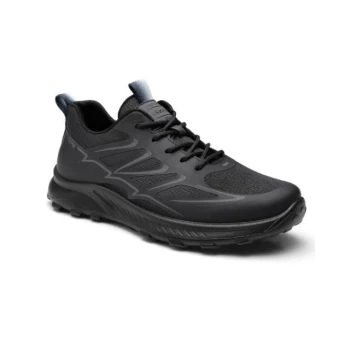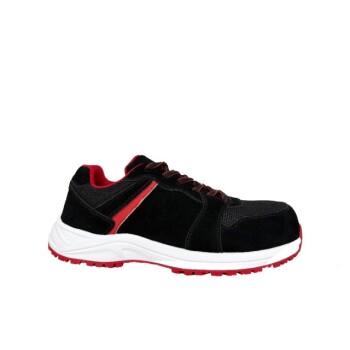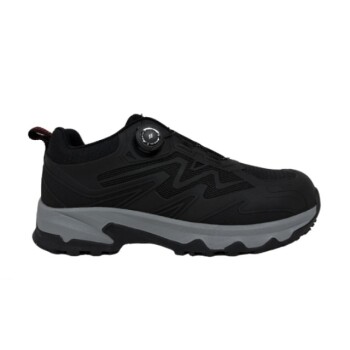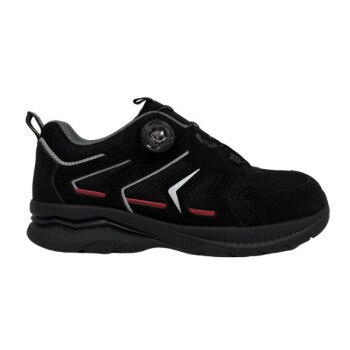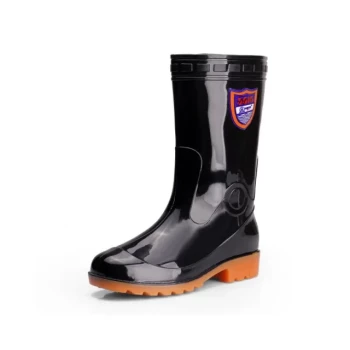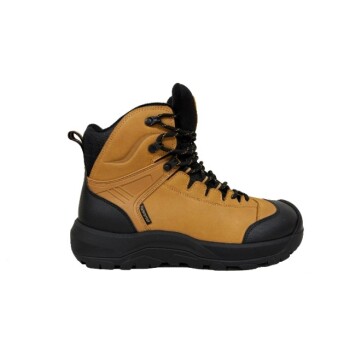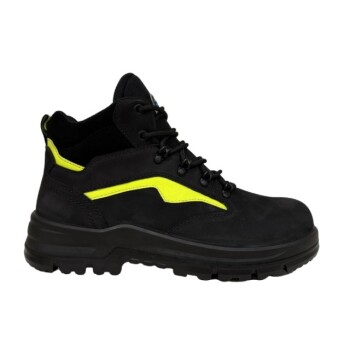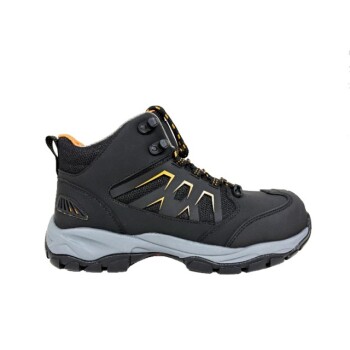Ethical manufacturing in sustainable footwear is a comprehensive system built on five core pillars: fair labor practices, safe working conditions, responsible material sourcing, energy-efficient production, and stringent animal welfare policies. These principles ensure that the creation of a product respects the well-being of workers, the environment, and animals throughout the entire supply chain.
The core principle of ethical footwear manufacturing is moving beyond a single issue, like using recycled materials, to embrace a holistic commitment. True ethical production considers the human, environmental, and animal impact at every step, from the raw material source to the final stitch.
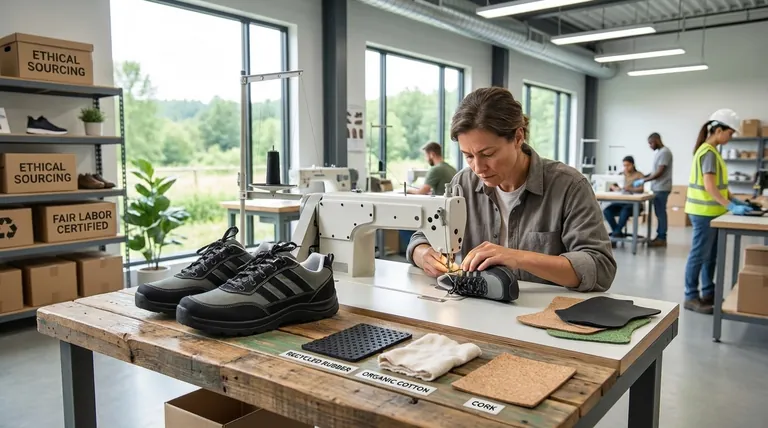
The Foundation: Prioritizing People
At its heart, ethical manufacturing is about human dignity. It ensures that the people making the products are treated with respect and fairness.
Fair Labor and Living Wages
This is the most critical component. It means workers are paid a living wage that covers their basic needs, not just the legal minimum wage, which is often insufficient.
It also includes benefits like healthcare, paid leave, and the absence of forced overtime, ensuring financial stability and a healthy work-life balance.
Safe and Healthy Working Conditions
Factories must be structurally sound, well-ventilated, and free from hazardous materials. This prevents accidents and long-term health issues for workers.
Companies provide and mandate the use of appropriate personal protective equipment (PPE) for tasks involving chemicals, heavy machinery, or repetitive motion.
Upholding Worker Rights
Ethical production strictly prohibits the use of child labor and forced labor. This is verified through regular, often unannounced, audits of factory partners.
Workers must have the freedom of association, meaning they have the right to join unions and bargain collectively without fear of retaliation.
Sourcing with Integrity: Materials and Supply Chains
Where materials come from and how they are processed is a defining feature of an ethical brand. It requires a deep commitment to transparency.
Ethical Sourcing of Raw Materials
This practice ensures that materials, whether natural (like cotton or rubber) or recycled (like plastic bottles), are obtained without harming ecosystems or exploiting communities.
Traceability is key. Brands must be able to track their materials back to the source to verify that they were produced under ethical conditions.
Strict Animal Welfare Policies
Many sustainable brands adopt a vegan policy, completely avoiding animal-derived materials like leather, wool, and silk.
For brands that do use animal products, ethical standards demand practices like sourcing wool from mulesing-free farms or using leather that is a byproduct of the meat industry from sources with high animal welfare standards.
Minimizing Environmental Impact
Ethical manufacturing is inextricably linked to environmental stewardship. Production methods are designed to reduce the ecological footprint of each pair of shoes.
Energy-Efficient Production
This involves using modern, energy-efficient machinery and powering facilities with renewable energy sources like solar or wind whenever possible.
The goal is to actively reduce greenhouse gas emissions throughout the manufacturing process.
Water Conservation and Chemical Management
Shoe manufacturing, particularly tanning and dyeing, can be incredibly water-intensive and polluting. Ethical brands invest in closed-loop water systems that recycle water.
They also adhere to strict standards like bluesign® or OEKO-TEX®, which restrict the use of toxic chemicals, protecting both workers and the surrounding environment from pollution.
Understanding the Trade-offs and Challenges
Pursuing a truly ethical model is not without its difficulties. Acknowledging these challenges is crucial for making an informed assessment of any brand.
The Complexity of Global Supply Chains
True end-to-end transparency is incredibly difficult to achieve. A brand may have excellent oversight of its final assembly factory but struggle to verify labor conditions at the farm where its cotton was grown.
Cost Implications
Paying living wages, using premium sustainable materials, and investing in green technology costs more. This often translates to a higher price point for the consumer, making these products less accessible to some.
The Role of Certifications
Third-party certifications like Fair Trade, B Corp, and the Leather Working Group are valuable tools for verifying claims. However, they are not a complete guarantee and should be seen as one part of a brand's overall commitment to ethics.
How to Identify Ethically Manufactured Footwear
Use these points to evaluate a brand's commitment beyond its marketing claims.
- If your primary focus is human rights: Look for transparency about factory locations, Fair Trade certifications, and clear statements on paying a living wage.
- If your primary focus is animal welfare: Seek out brands that are PETA-Approved Vegan or provide explicit, detailed sourcing information for any animal-derived materials.
- If your primary focus is environmental impact: Prioritize brands that use recycled materials, disclose their carbon footprint, and hold certifications like B Corp or Climate Neutral.
Ultimately, choosing ethically manufactured footwear is an investment in a system that values people and the planet as much as profit.
Summary Table:
| Ethical Practice | Key Focus Area |
|---|---|
| Fair Labor | Living wages, benefits, no forced overtime |
| Safe Conditions | Healthy factories, PPE, worker rights |
| Responsible Sourcing | Traceable materials, vegan or high-welfare animal products |
| Energy Efficiency | Renewable energy, reduced emissions |
| Chemical Management | Water recycling, non-toxic dyes (e.g., bluesign®) |
Partner with a manufacturer committed to ethical production.
As a large-scale manufacturer, 3515 produces a comprehensive range of footwear for distributors, brand owners, and bulk clients. Our production capabilities encompass all types of shoes and boots, all built on a foundation of ethical practices—ensuring fair labor, safe working conditions, and minimized environmental impact.
Let's create your next sustainable footwear line responsibly. Contact our team today to discuss your manufacturing needs.
Visual Guide
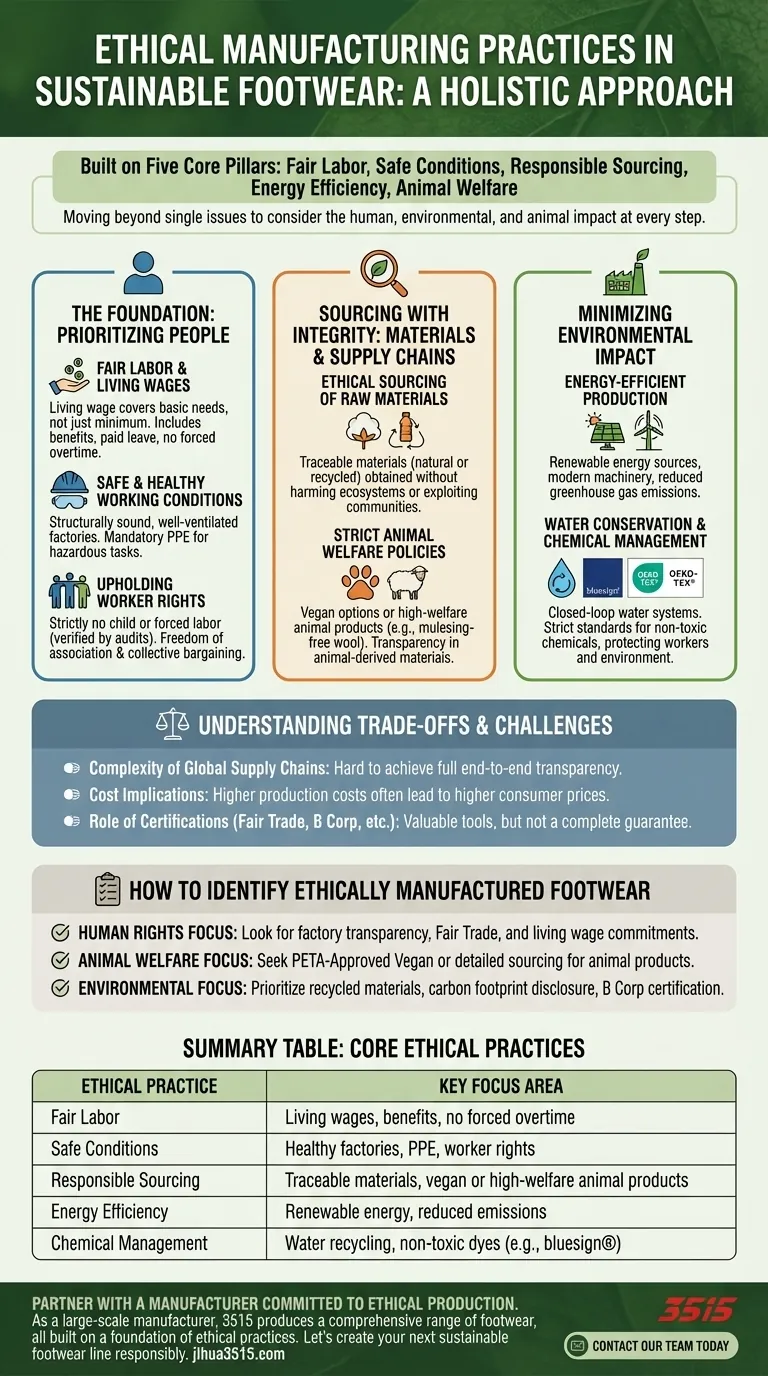
Related Products
- Durable Rubber-Soled Utility Shoes for Wholesale & Custom Brand Manufacturing
- Custom OEM Training Shoes Wholesale Manufacturer Durable & Breathable
- Safety Footwear Wholesale Manufacturer for Custom OEM/ODM Production
- Durable Rubber Sole Outdoor Shoes Wholesale & Custom Manufacturing
- Durable High-Traction Canvas Sneakers Wholesale & Custom Manufacturing
People Also Ask
- What are rubber soled shoes? The Ultimate Guide to Durable, All-Weather Footwear
- What makes rubber sole shoes an economical and practical choice? Unmatched Durability & All-Weather Value
- What are the disadvantages of leather shoe soles? Key Limitations in Traction & Durability
- Why should we wear rubber soled shoes? Unlock Superior Safety and Durability
- What are the benefits of rubber work shoes? Unbeatable Protection for Wet & Demanding Jobs

